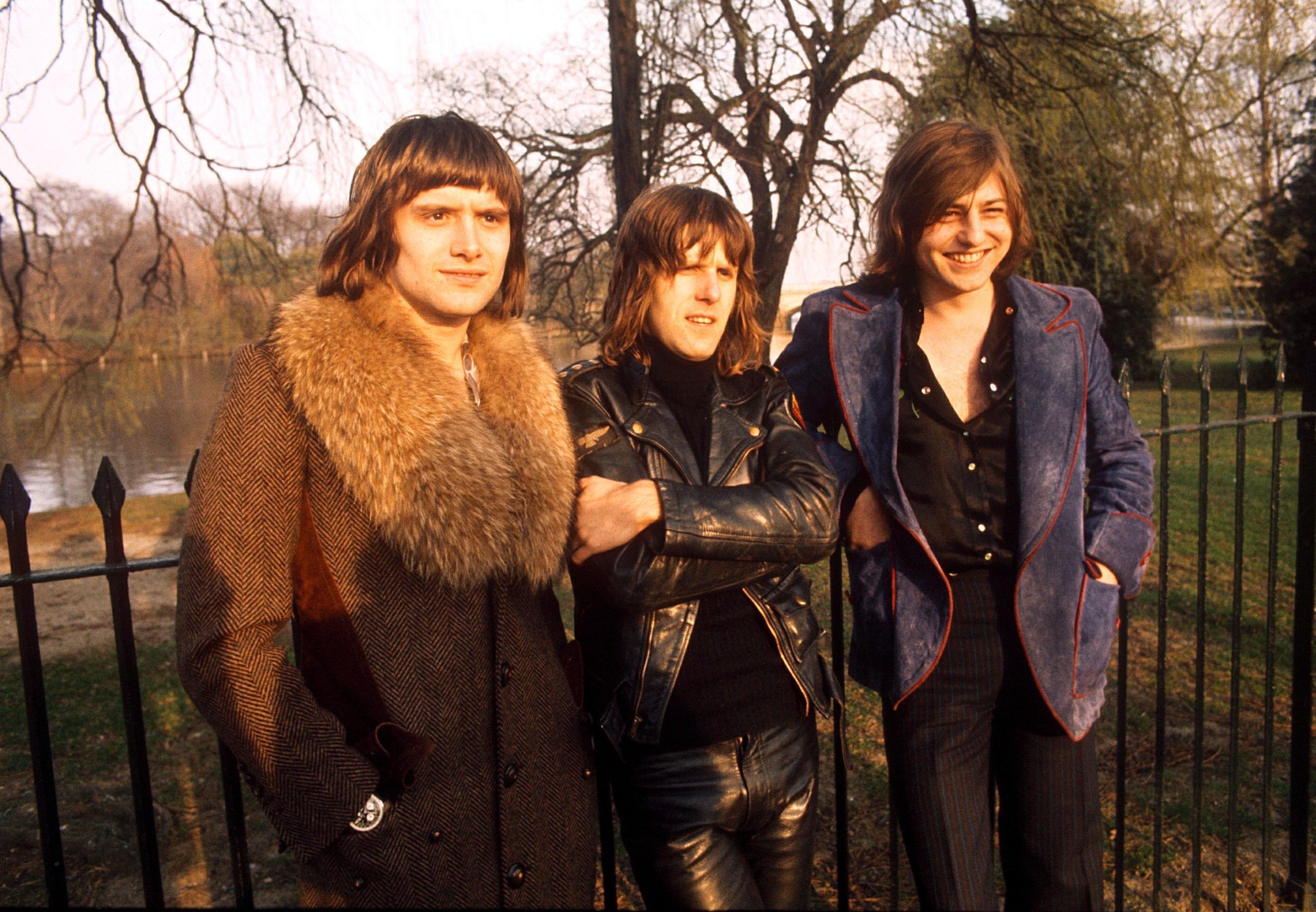Emerson Lake & Palmer Songs Ranked
Emerson, Lake & Palmer (ELP) were an English progressive rock supergroup formed in London in April 1970. The band consisted of keyboardist Keith Emerson; singer, bassist, guitarist, and producer Greg Lake; and drummer and percussionist Carl Palmer. With nine RIAA-certified Gold record albums in the US, and an estimated 48 million records sold worldwide, they were one of the most popular and commercially successful progressive rock bands in the 1970s, with a musical sound including adaptations of classical music with jazz and symphonic rock elements, dominated by Emerson’s flamboyant use of the Hammond organ, Moog synthesizer, and piano (although Lake wrote several acoustic songs for the group).
The band came to prominence following their performance at the Isle of Wight Festival in August 1970. In their first year, the group signed with E.G. Records (who distributed the band’s records through Island Records in the United Kingdom, and Atlantic Records in North America), and released Emerson, Lake & Palmer (1970) and Tarkus (1971), both of which reached the UK top five. The band’s success continued with Pictures at an Exhibition (1971), Trilogy (1972), and Brain Salad Surgery (1973, released on ELP’s own Manticore Records label). After a three-year break, Emerson, Lake & Palmer released Works Volume 1 (1977) and Works Volume 2 (1977). After Love Beach (1978), the group disbanded in 1979. Here are all of the Emerson Lake & Palmer songs ranked.
Don’t miss out on the music of Emerson Lake & Palmer below! Click to find out why they are a commercially successful progressive rock band!
15. Take a Pebble (Emerson, Lake & Palmer, 1970)
“The song of my life… One of the best examples of the talent of these incredible musicians. Music at its best by those who knew how to play it.”
14. Jerusalem (Brain Salad Surgery, 1973)
“This is a hymn based on a poem by William Blake. The poem wonders if heaven once existed in this place now polluted by the Industrial Age, and asks whether heaven may one day return to England.”
13. Bitches Crystal (Tarkus, 1971)
“One of their more powerful songs at the height of their vitality and energy! The percussion, the keys, Greg Lake’s screaming. This is a song that just clicks with me just right, and is as of now my favorite ELP song period.”
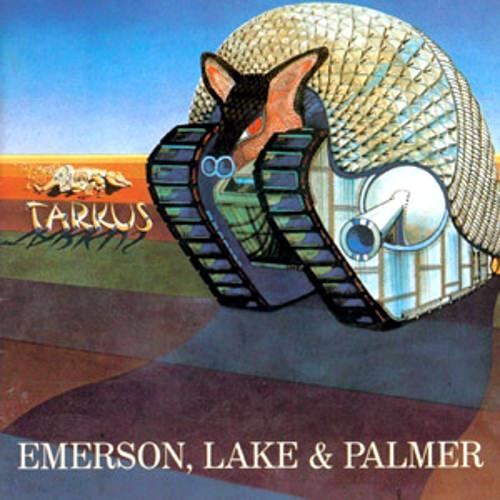
12. Still… You Turn Me On (Songs of a Lifetime, 2013)
“I could cry listening to this album, so gorgeous, wish the kids today knew what my generation could do with a guitar, strings, a synthesizer, drums and their voices. Makes today’s music absolutely silly”
See more: Emerson Lake & Palmer Albums Ranked
11. Knife-Edge (Emerson, Lake & Palmer, 1970)
“Knife Edge”, which is hard-rocking enough that I don’t care that the band ripped it off from a classical composer (as is often Emerson’s wont).”
10. Nutrocker (Pictures at an Exhibition, 1971)
“A standing ovation from the audience and the album ends with “Nutrocker”, Tchaikovsky should be glad he has never heard it.”
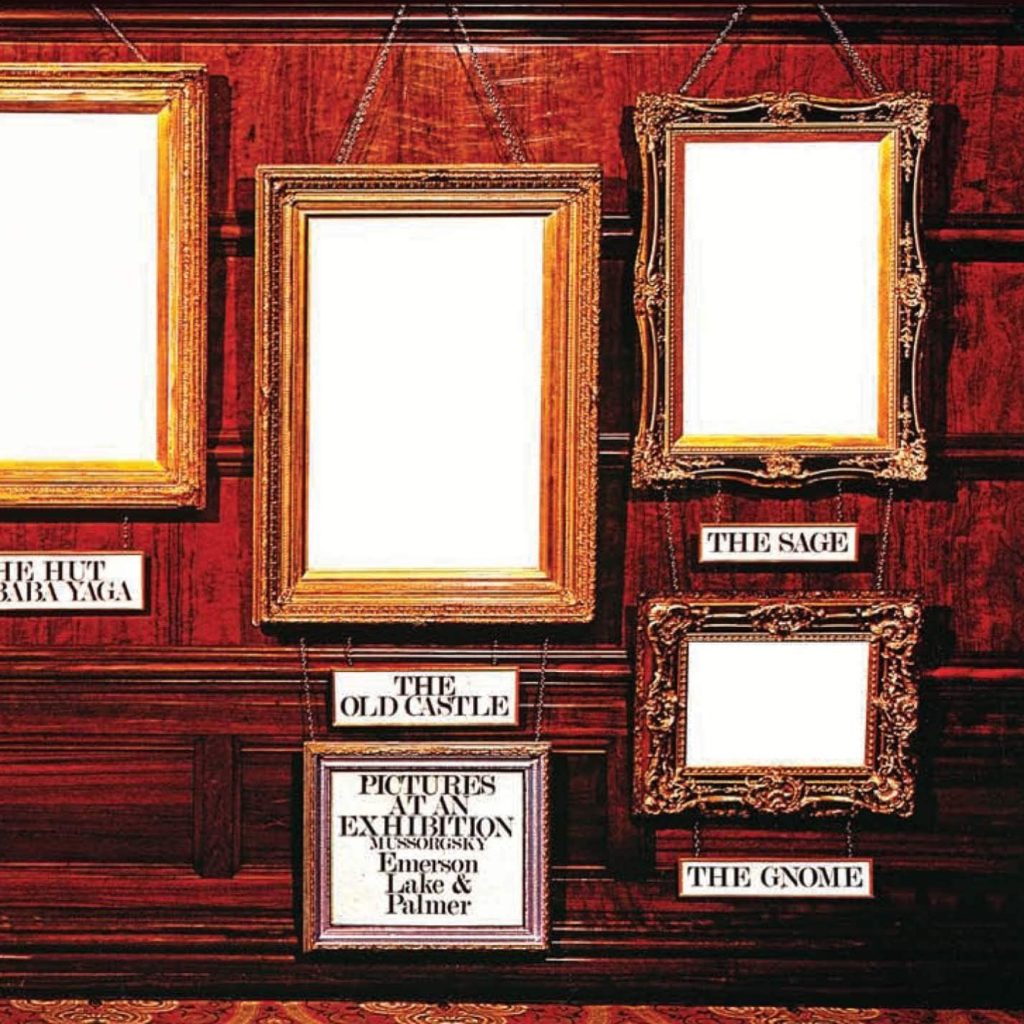
9. Toccata (Brain Salad Surgery, 1973)
“Toccata. The truly innovative and versatile being the most underrated song ever. I can never get tired of hearing this.”
8. From the Beginning (From the Beginning, 2007)
“They have a pretty good sound to them, they dont go to hard but they or alot better then say the Doobie Brothers, they or also better then the Eagles. This basically sounds like Stairway to heaven with the rocking part. Play this when you or ready for bed. Just relax, and chill out with these hazy vibes man.”
7. Trilogy (Trilogy, 1972)
“Trilogy is another song split up into multiple sections, although this time not in any way other than compositionally, with no different section names or the like. I personally don’t find this song to be quite up to the same level of the previous ones, but it is still quite an impressive song.”
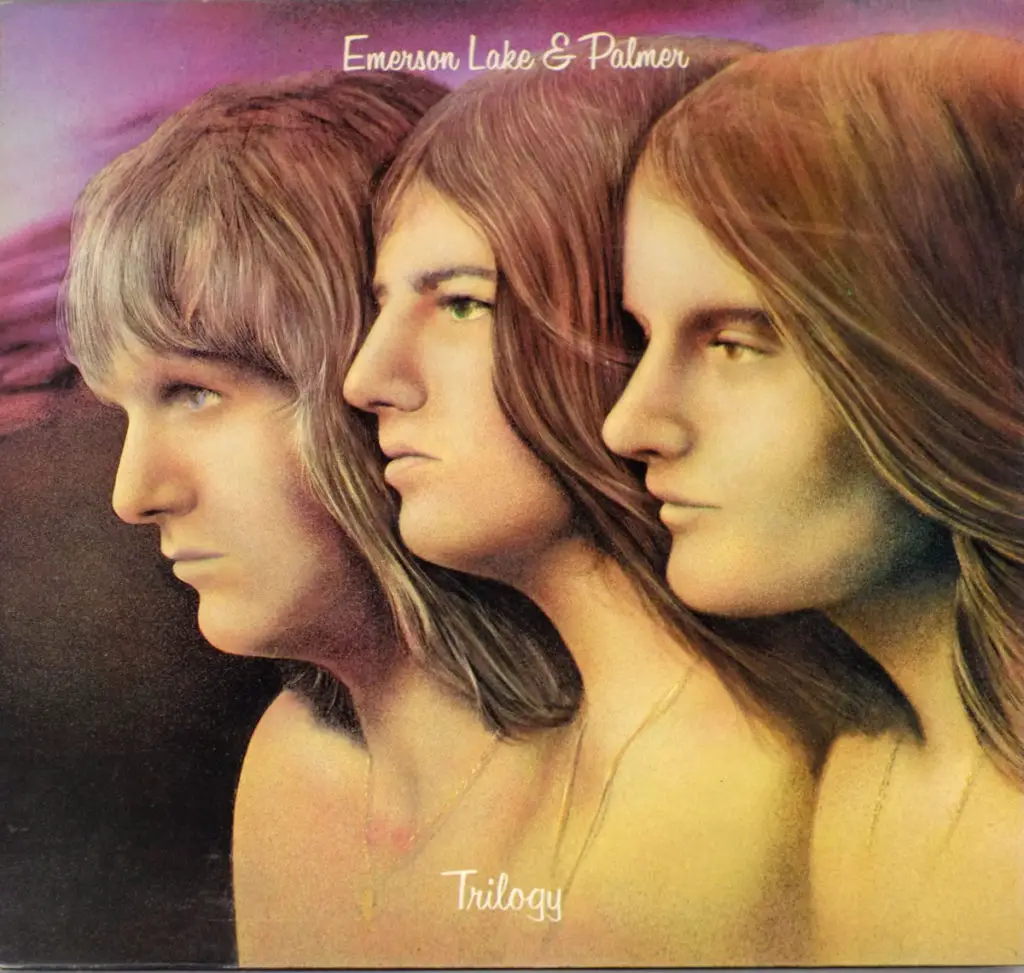
6. Lucky Man (Emerson, Lake & Palmer, 1970)
“In honor of the passing of Robert “The Lord of the Board” Moog, this past Monday (August 22, 2005), “Lucky Man” from Emerson, Lake & Palmer” is showcased as evidence of the power of the Moog synthesizer. Moog’s inventive work with the synthesizer allowed artists to incorporate the unique sound from the keyboard instrument in popular music. “Lucky Man”, from ELP’s self-titled 1970 release, is a popular progressive rock track that prominently features Moog’s instrument, as ELP’s keyboardist, the eccentric Keith Emerson, pushes the moody song with an impressive synth solo and electronic effects.”
See more: UFO Albums Ranked
5. Hoedown (Trilogy, 1972)
“This is a must-have for any classic rock collection. The title downloaded fine, converted easily to a WAV file, and played well in the car CD player.”
4. Fanfare for the Common Man (Works, 1977)
“I dunno, Keloid, I think you called it right with the “bloated pomposity” thing. Copeland’s piece is so majestic and beautiful in it’s orchestral form, that I think this is one of those moments when ELP tipped a little over the line.
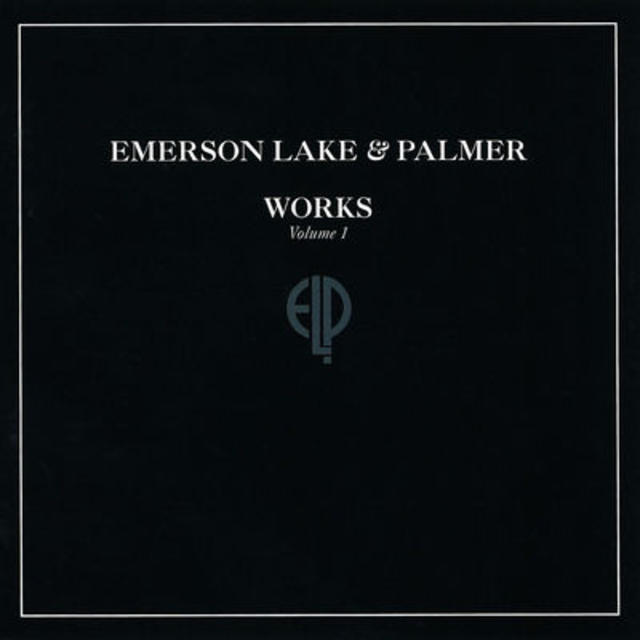
3. Karn Evil 9: 1st Impression Part 1 (Brain Salad Surgery, 2015)
“The half-hour long epic “Karn Evil 9”, originally split between two sides of vinyl, is one of the band’s high points. Sure, it’s not quite as intense as “Tarkus”, but it is heartening to know they were still capable of producing epic long-form pieces of great quality.”
2. Karn Evil 9 1st Impression, Pt. 2 (Brain Salad Surgery, 2015)
“Karn Evil 9 is a monumental piece of music and also one of the best pieces of classic prog in terms of length/quality. Rarely even a ten-minute prog song is able to maintain consistency and not have weak points, but here is a half-hour that does not make you bored for a minute.”
1. Tarkus (Tarkus, 1971)
“Great epic! I especially love the way the music modulates during the second part, “Stones of Ages” and, of course, Emerson’s incredible playing- that Hammond going for 20 minutes is orgasmic to my ears!”

